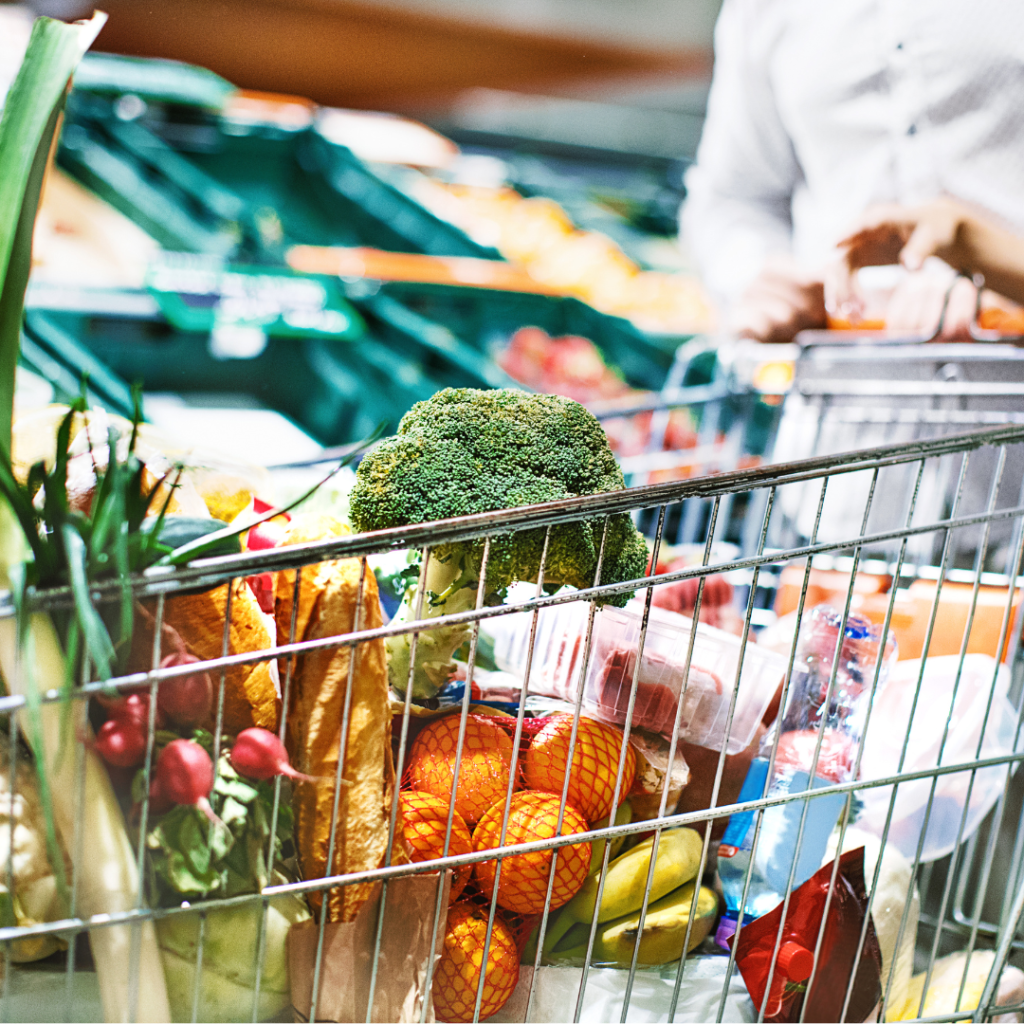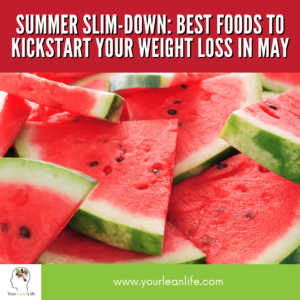One of the most crucial steps to success is ensuring that your kitchen is stocked with nutritious foods that support your goals. Healthy grocery shopping is the foundation of a balanced diet, and with a well-thought-out plan, you can make choices that contribute to long-term weight loss and overall well-being. This guide will walk you through the essentials of creating a healthy grocery shopping list that aligns with your weight loss goals.
Plan Ahead

The key to successful grocery shopping for weight loss is planning. Before you even step foot in the store, take some time to plan your meals for the week. Here’s how:
- Create a Meal Plan: Outline your meals and snacks for the week, focusing on balanced portions of protein, healthy fats, and carbohydrates. Include a variety of fruits, vegetables, lean proteins, whole grains, and healthy fats in your plan.
- Make a Shopping List: Once you have your meal plan, create a shopping list based on the ingredients you’ll need. Having a list helps you stay focused and prevents impulse purchases that might derail your progress.
- Avoid Shopping When Hungry: Going to the grocery store on an empty stomach can lead to unhealthy choices. Eat a healthy snack before shopping to stay on track.
Choose Unprocessed Foods

Whole foods are minimally processed and packed with nutrients that are essential for weight loss and overall health. As you shop, prioritize the following:
- Fruits and Vegetables: Aim to fill half your cart with fresh produce. Fruits and vegetables are low in calories and high in fiber, helping you feel full and satisfied. Dark leafy greens, berries, citrus fruits, and cruciferous vegetables like broccoli and cauliflower are excellent choices.
- Lean Proteins: Protein is crucial for preserving muscle mass during weight loss and keeping you full. Choose lean options such as chicken breast, turkey, fish, tofu, legumes, and eggs. Greek yogurt and cottage cheese are also good sources of protein.
- Whole Grains: Opt for whole grains like quinoa, brown rice, oats, and whole-wheat bread. These provide more fiber and nutrients than refined grains, helping to regulate blood sugar levels and keep you full longer.
- Healthy Fats: Incorporate healthy fats from sources like avocados, nuts, seeds, and olive oil. These fats are important for overall health, but be mindful of portion sizes, as they are calorie-dense.
Read Labels
When shopping for packaged goods, it’s important to read labels carefully. Many products marketed as “healthy” or “low-fat” may contain hidden sugars and unhealthy additives that can sabotage your weight loss efforts. Here’s what to look for:
- Check the Ingredients List: Ingredients are listed in order of quantity. If sugar or refined grains are among the first few ingredients, consider choosing a different product.
While it can seem overwhelming, learning how to navigate this new, healthier, lifestyle is crucial for results to be seen. Encourage yourself to refer back to these grocery shopping tips the next time you need to restock the pantry. Interested in learning more about healthy grocery shopping? Our professionals are ready to assist. Contact Your Lean Life today!



